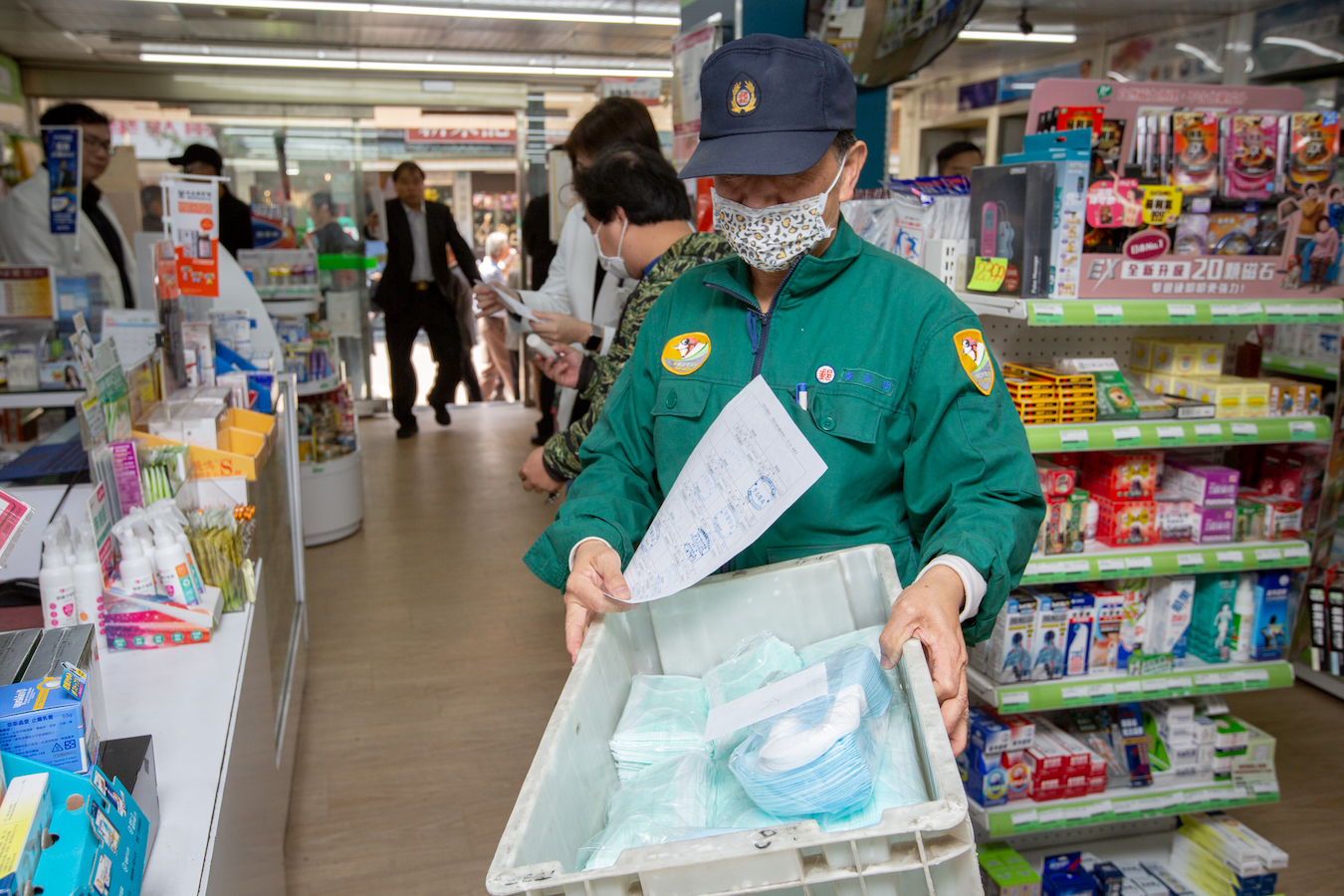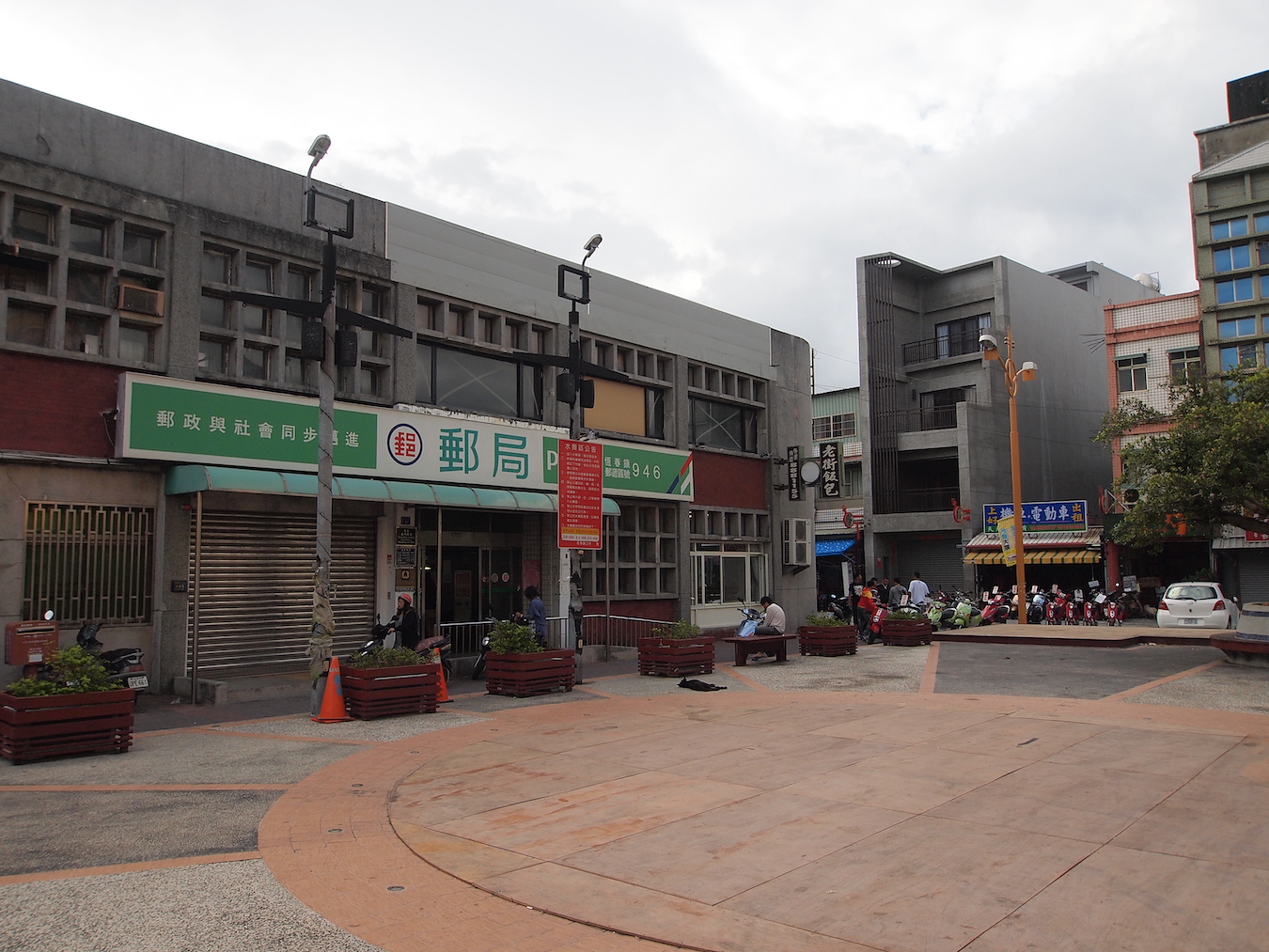by Brian Hioe
語言:
English
Photo Credit: Chi-hung Lin/WikiCommons/CC BY-SA 3.0
CHUNGHWA EXPRESS workers struck earlier this month over low pay. The strike was nationwide and began on July 4th, with workers that first began striking in Hsinchu, Taipei, Taoyuan, and Yilan. The strike would have expanded beyond just northern Taiwan if there had been no response from company management, with workers staging a sit-in in front of the Ministry of Transportation and Communications (MOTC). However, the strike ended on July 10th after workers’ demands were agreed to by the company administration.
The strike was organized through the Chunghwa Express Workers’ Union. Workers at the Chunghwa Express were calling for a 5,000 NT increase in pay for all company workers, which their employers eventually agreed to. Namely, workers with ten years of experience in the company only make around 27,400 NT, which is not much more than minimum wage.
 Photo credit: Presidential Office/CC BY 2.0
Photo credit: Presidential Office/CC BY 2.0
This is not the first time in recent memory that Chunghwa Express workers have demonstrated over the issue, with workers demonstrating outside of MOTC in September 2021 over the same issue. Workers were then requesting a five percent pay raise and demanding a meeting with company board members to discuss the issue. As a result of the protest, entry-level Chunghwa Express workers were given a five percent pay increase, given low salaries for Chunghwa Express workers compared to other delivery workers.
The entry-level salary for Chunghwa Express workers was 24,700 NT, although the average monthly salary for workers in the transportation and warehouse industry is 55,097 NT. 24,700 NT is not much more than the 22,000 NT salaries for college graduates that have been lambasted throughout the past decade as insufficient to make a living on, much less to raise a family or have savings. At the time, the company defended itself with the claim that it provides a meal subsidy worth between 1,400 NT and 1,700 NT per month to workers, while workers threatened to strike if no action was taken.
Nevertheless, Chunghwa Express workers still continue to face issues regarding low pay. Chunghwa Express workers have pointed out that the company made 74.92 million NT in net profits after taxes in 2019, while increases in costs for employees would only be 1 million NT for 200 employees, with the company having around 200 ground-level workers.
The Chunghwa Express is a subsidiary of the state-run postal service, Chunghwa Post. The Chunghwa Express primarily delivers paperwork, such as checks, for financial institutions and other businesses. This has not been the only significant labor action in the Chunghwa Post in the past few years either, with workers demonstrating in February 2021 over a two-tier payment system within the postal service between workers who worked at the Chunghwa Post from before and after its corporatization in 2003, reorganizing the company from a section of government to a state-owned enterprise.
Chunghwa Express workers expressed outrage over seeing 38,000 NT in pay offered to contractors, though the management claimed that this was because contractors need to spend more money because they own their own motorcycles and pay for gas. On the other hand, the Chunghwa Express Workers’ Union also questioned if the company’s profits are primarily going to its executives, rather than workers.
 Photo credit: rheins/WikiCommons/CC BY 3.0
Photo credit: rheins/WikiCommons/CC BY 3.0
Indeed, the Chunghwa Express has existed for 22 years, with profits increasing to 75 million NT from 63 million NT in three years. Given that the company is highly profitable, this is another reason why workers have questioned whether they are receiving their share of the company’s profits.
During the strike, the Chunghwa Express management claimed that the union’s actions would damage the positive reputation of the labor union among companies. It is to be seen if the company tries to act against labor organizers after the strike.
The largest shareholder for the Chunghwa Express is the Taiwanese government, which owns half of the company, with private investors constituting the other half. As a result, the Chunghwa Express Workers’ Union protesting outside of the MOTC was probably aimed at pressuring the central government to intercede. Trying to push the central government to intercede is a common tactic taken by union groups aiming to pressure companies that are state-owned enterprises or partly state-owned enterprises.
More broadly, one notes that there is an uptick in labor organizing among delivery workers as of late, as a result of the COVID-19 pandemic having increased demand for delivery services. This, too, was the case regarding the Chunghwa Express strike.

